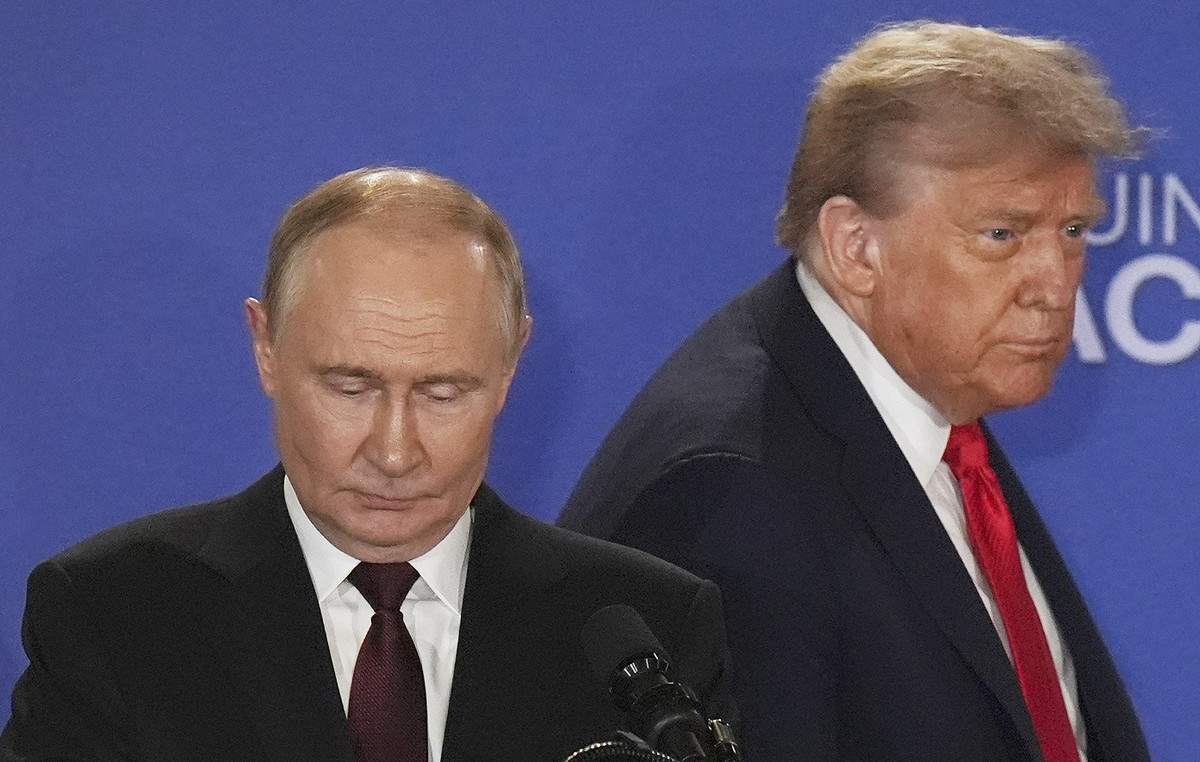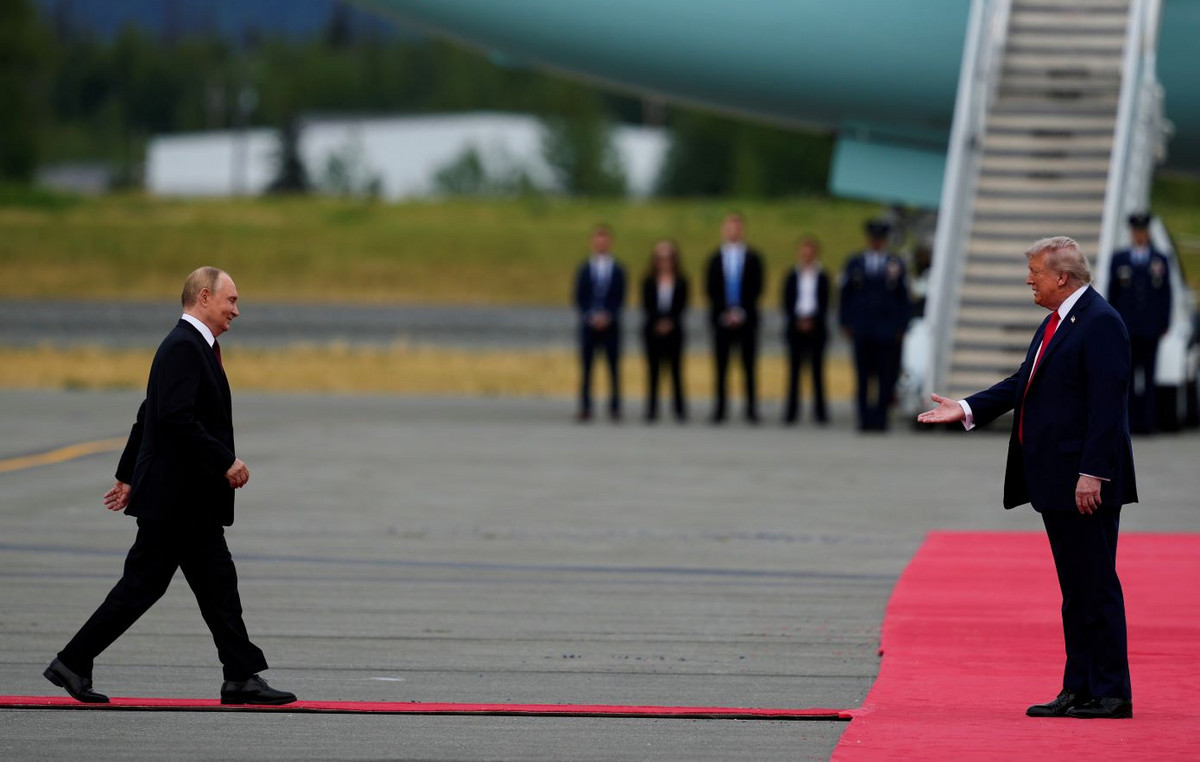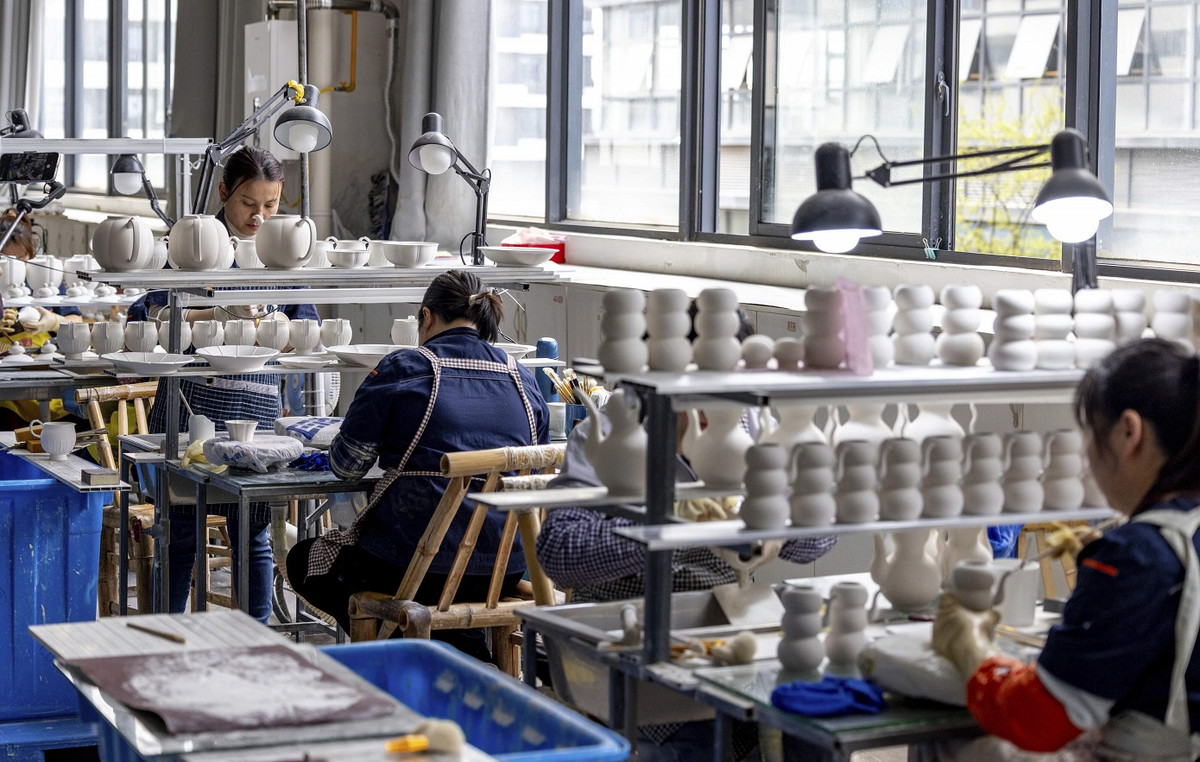On December 14, 15 and 16, the Organization of Ibero-American States for Education, Science and Culture in Brazil (OEI) promoted the 2nd edition of “Dialogues on Education”.
The event, held at Complexo Brasil 21, in Brasília, was attended by specialists in the field and relevant names, such as José Henrique Paim, former Minister of Education and current coordinator of the transition team in the area of education; Benjamin Zymler, Minister of the Federal Court of Accounts (TCU); Francisco Gaetani, specialist in Public Policy and Government Management; Ricardo Henriques, executive superintendent of the Unibanco Institute, and Fernanda Castro Marques, from the Collaborate Education Movement, to discuss the challenges and propose improvements for the sector.
intense schedule
The first day of the meeting was dedicated to Early Childhood Education, with debates on the topic and the presentation of the second stage of the research “Primeiros Anos”, by OEI in Brazil.
The first survey to consider the large volume of variables found in national databases for the country’s 5570 municipalities, the study was launched in August 2022 and sought to more clearly portray the quality of early childhood education on offer, which goes far beyond care in keeping the child in daycare and preschool. The research makes an analysis based on four axes: Management, Child Development, Pedagogical and Infrastructure.
The idea is that the data, collected from interviews with more than 5,000 people, including educational professionals, parents and school administrators, serve as a basis for proposing the formulation of new public policies aimed at children aged from zero to 6 years, a crucial age group for full human development.
“Understanding how Early Childhood Education is offered in the Brazilian public network is the first step towards improving public policies for this phase. Proper care and information received from birth allow for a healthy childhood, and consequently the development of a critical sense, appropriation of rights and duties, in addition to providing better job opportunities, health, personal fulfillment and important social and emotional skills throughout life. life. A responsible, fulfilled and healthy citizen positively impacts a country”, explained Raphael Callou, director of OEI in Brazil.
On the second day of the “Dialogues on Education”, the Portuguese and Spanish languages, spoken by more than 800 million people in the world, were addressed in the context of bilingualism and interculturality, as a way of strengthening the cultural, academic and economic production of the Ibero-American nations, proposal of the Bilingual Intercultural Schools: Crossing Borders project, developed by the international organization in partnership with the Ministry of Education.
Present on the occasion were the former Minister of Education of Portugal, Nuno Crato; Gilvan de Oliveira, coordinator of the UNESCO Chair in Language Policies for Multilingualism and José Pacheco, a world reference in innovation.
“We brought internationally renowned specialists to debate this important topic for Ibero-American countries, in addition to presenting recommendations to expand actions in schools, especially those located in the border regions of Brazil”, explained Callou.
The program also included the impact of the results and developments of two important meetings held by the Ibero-American nations: the International Conference on Portuguese and Spanish Languages (Cilpe), held in 2019, in Portugal, and in 2022, in Brazil, which had as main objective to expand scientific publications in these two languages.
The third and last day of the event discussed the importance of Governance in Education, and saw the launch of a collection of more than 40 articles on the subject, developed by the main jurists and managers in the country.
“Governança e a Educação Básica”, “Governança e o Regime de Collaboração”, and “Relação da Governança com o Controle”, the three volumes of books released on the occasion, bring an analysis of the fundamental role of governance and organizational projects so that educational experiences actually ensure the development of young people and children.
About the Organization of Ibero-American States (OEI)
Under the motto “We make cooperation happen”, the Organization of Ibero-American States for Education, Science and Culture (OEI) is, since 1949, the first intergovernmental organization for South-South cooperation in Ibero-America. Currently, 23 Member States, 19 national offices, in addition to the General Secretariat based in Madrid, form part of the organization.
With more than 400 active agreements and agreements with public entities, universities, civil society organizations, companies and other international organizations — such as the European Union, the World Bank, IDB, CAF, Unesco and the CPLP — the OEI represents one of the largest cooperation networks in Ibero-America. Among its results, the organization currently has more than 17 million direct beneficiaries of its projects.

Source: CNN Brasil
I’m James Harper, a highly experienced and accomplished news writer for World Stock Market. I have been writing in the Politics section of the website for over five years, providing readers with up-to-date and insightful information about current events in politics. My work is widely read and respected by many industry professionals as well as laymen.








